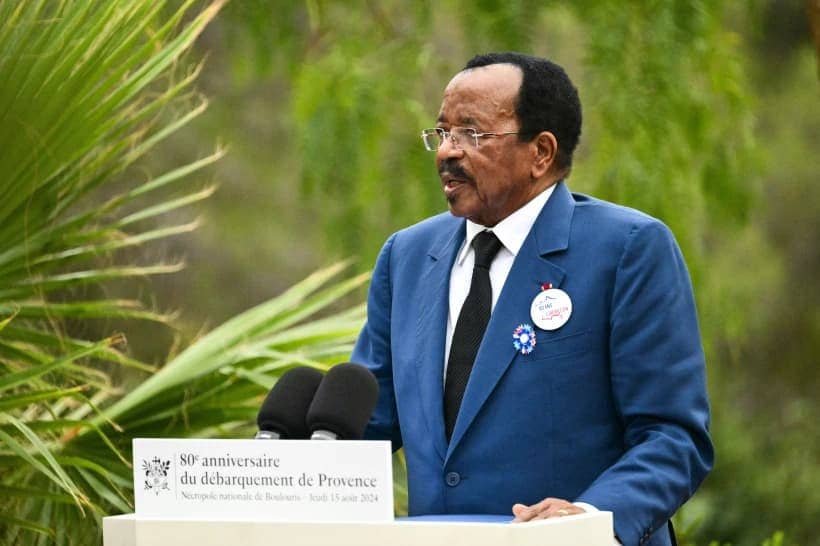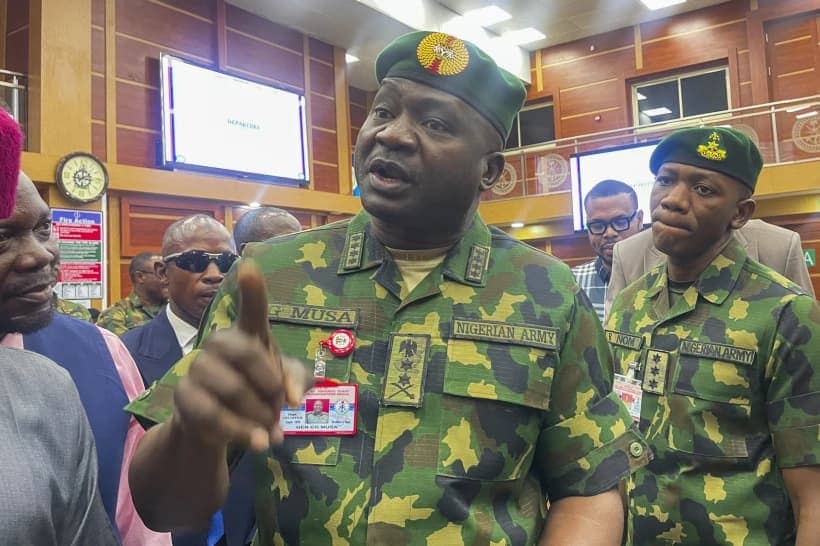OXFORD, England — The Catholic Church in Togo has urged the postponement of Dec. 20 elections, to head off mounting violence and allow time for reforms.
Bishop Anani Nicodeme Barrigah-Benissan of Atakpame, president of the church’s justice and peace commission, told Catholic News Service that people in Togo “have the impression the international community isn’t really listening, but we’re counting on it to intervene with real measures and call the protagonists to the table of dialogue.”
He noted the government was insisting the elections proceed, but the opposition vowed to boycott them. The opposition is protesting that President Faure Gnassingbe, who took power in 2005 after 38 years of rule by his father, is running again.
“The radicalization of positions is alarming people, while the church is trying to bring the two sides to a compromise and avoid a descent into ever greater violence,” the bishops said. He said church leaders were continuing to back mediation efforts by the Economic Community of West African States.
“What we’re witnessing now directly results from a certain manner of governing, which needs profound change. It’s the exercise of power which is at issue,” he said Dec. 14.
Catholics form about 25 percent of Togo’s 7.8 million population; the country is 20 percent Muslim, according to U.N. data.
In September 2017, a government-backed bill allowing Gnassingbe to run again in 2020 and 2025 was rejected after street protests by Togo’s 14-party opposition coalition, which has demanded the president’s resignation.
In a Nov. 20 pastoral message, the bishops’ conference said Togo’s inhabitants were “caught between the hammer and anvil of two antagonistic groups,” adding that observers were asking “why constitutional and institutional reforms demanded by the opposition, promised by the government and recommended by ECOWAS facilitators” were being delayed.
The bishops said the “unilateral preparation of elections” in violation of ECOWAS proposals risked “leading the country toward a new chaos.”
In a statement Dec. 11, retired Archbishop Philippe Fanoko Kpodzro of Lome commended the opposition’s “peaceful struggle” and called on Gnassingbe to “propose a more realistic and consensual election timetable.”
“The tension clearly mounting in the towns and districts of our dear country is a warning of grave tests for national peace and cohesion,” said the archbishop, who mediated during a previous 1990s political crisis.
Speaking Dec. 13, a government spokesman accused opposition groups of “provoking a bloodbath,” and said ECOWAS and African Union observers would be deployed to ensure the Dec. 20 elections were properly conducted.
Other Christian and Muslim leaders in Togo also urged postponement of the elections.














